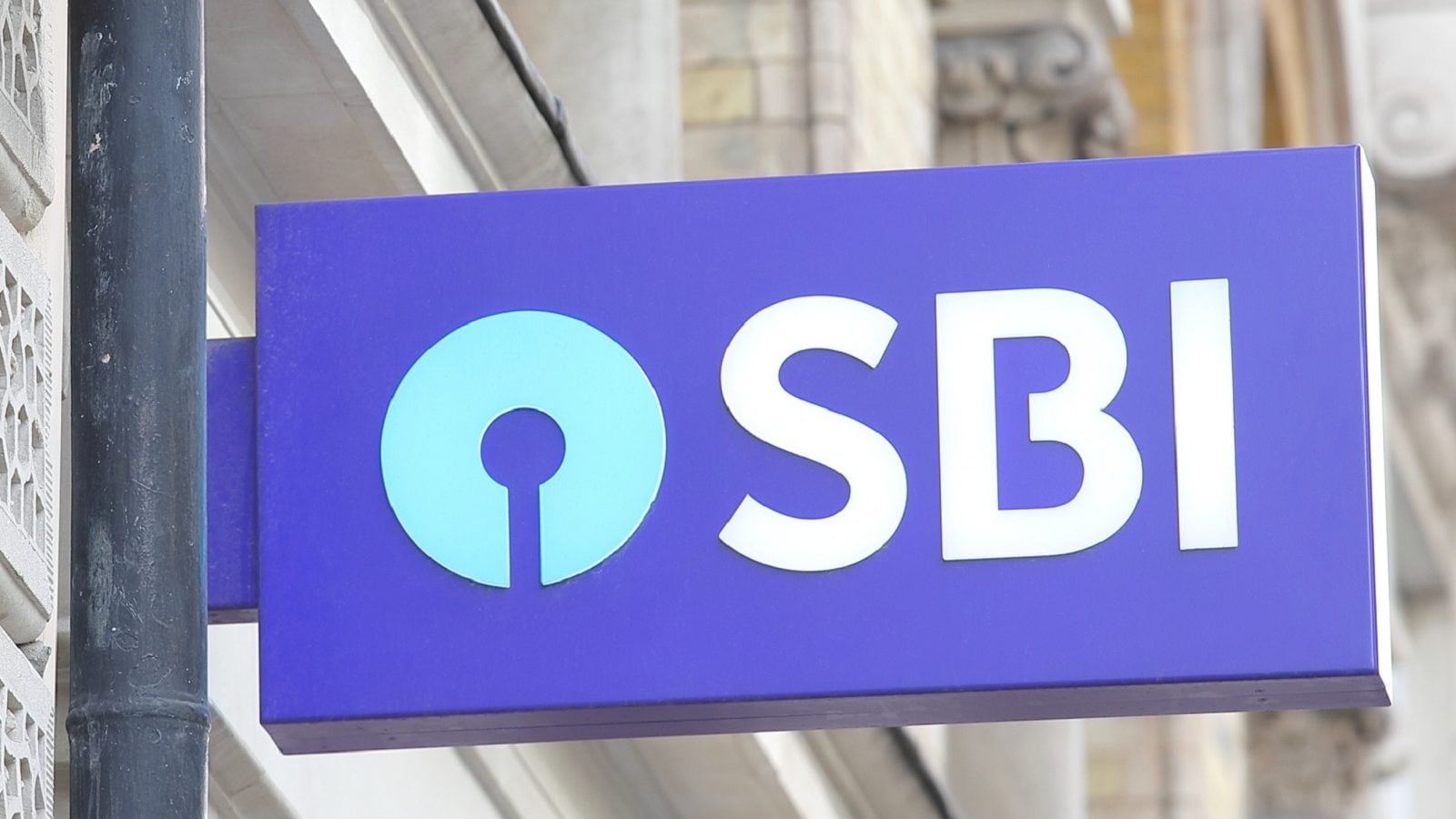SBI To Issue Electoral Bonds At 29 Branches From July 1; Check Details
The finance ministry on Thursday said State Bank of India (SBI), in the 21st phase of sale, is going to issue electoral bonds through its 29 authorised branches across India between July 1 and July 10. The bonds are used to donate money to political parties. Here’re the details about the electoral bonds and who can buy them:
What Are Electoral Bonds?
These bonds are used by individuals or entities to donate money to political parties. The bonds can be bought from the 29 authorised branches of government-owned State Bank of India (SBI) in the multiples of Rs 1,000, Rs 10,000, Rs 1 lakh, Rs 10 lakh and Rs 1 crore.
The bonds have to be redeemed by the receiving political party within 15 days of the date of issue, failing which no payment is made to the party. The redeemed amount is credited into the political party’s account on the same day as the bond is deposited with the bank. The electoral bonds will be encashed by an eligible political party only through a bank account with the authorised bank.
In simple terms, whoever wants to donate money to any political party needs to buy the electoral bonds from any authorised branch of SBI buy paying digitally or through cheque, as cash is not allowed. The donor then can hand over the bonds to the political party of his/ her choice. Finally, the party can encash the bonds within 15 days of the date of issue.
Who Can Buy Electoral Bonds, Which Political Parties Can Accept These?
Electoral bonds may be purchased by a person who is a citizen of India or entity incorporated or established in India. A person being an individual can buy electoral bonds, either singly or jointly with other individuals. The purchaser would be allowed to buy electoral bond(s) only on due fulfilment of all the extant KYC norms and by making payment from a bank account. It will not carry the name of payee.
The bonds are available for purchase for a period of 10 days each in the months of January, April, July and October. Now, the electoral bonds can be bought between July 1 and July 10.
Only the political parties registered under Section 29A of the Representation of the People Act, 1951, and that secured not less than one per cent of the votes polled in the last Lok Sabha or state elections, are eligible to receive the electoral bonds.
When Were These Bonds Introduced and Why?
The electoral bonds were introduced with the Finance Bill 2017 to “to cleanse the system of political funding in the country”, and then the Electoral Bond Scheme 2018 was notified.
In the Budget Speech on February 1, 2017, then finance minister Arun Jaitley said: “Even 70 years after Independence, the country has not been able to evolve a transparent method of funding political parties which is vital to the system of free and fair elections…Political parties continue to receive most of their funds through anonymous donations which are shown in cash. An effort, therefore, requires to be made to cleanse the system of political funding in India.”
Read all the Latest News , Breaking News , watch Top Videos and Live TV here.
For all the latest business News Click Here

